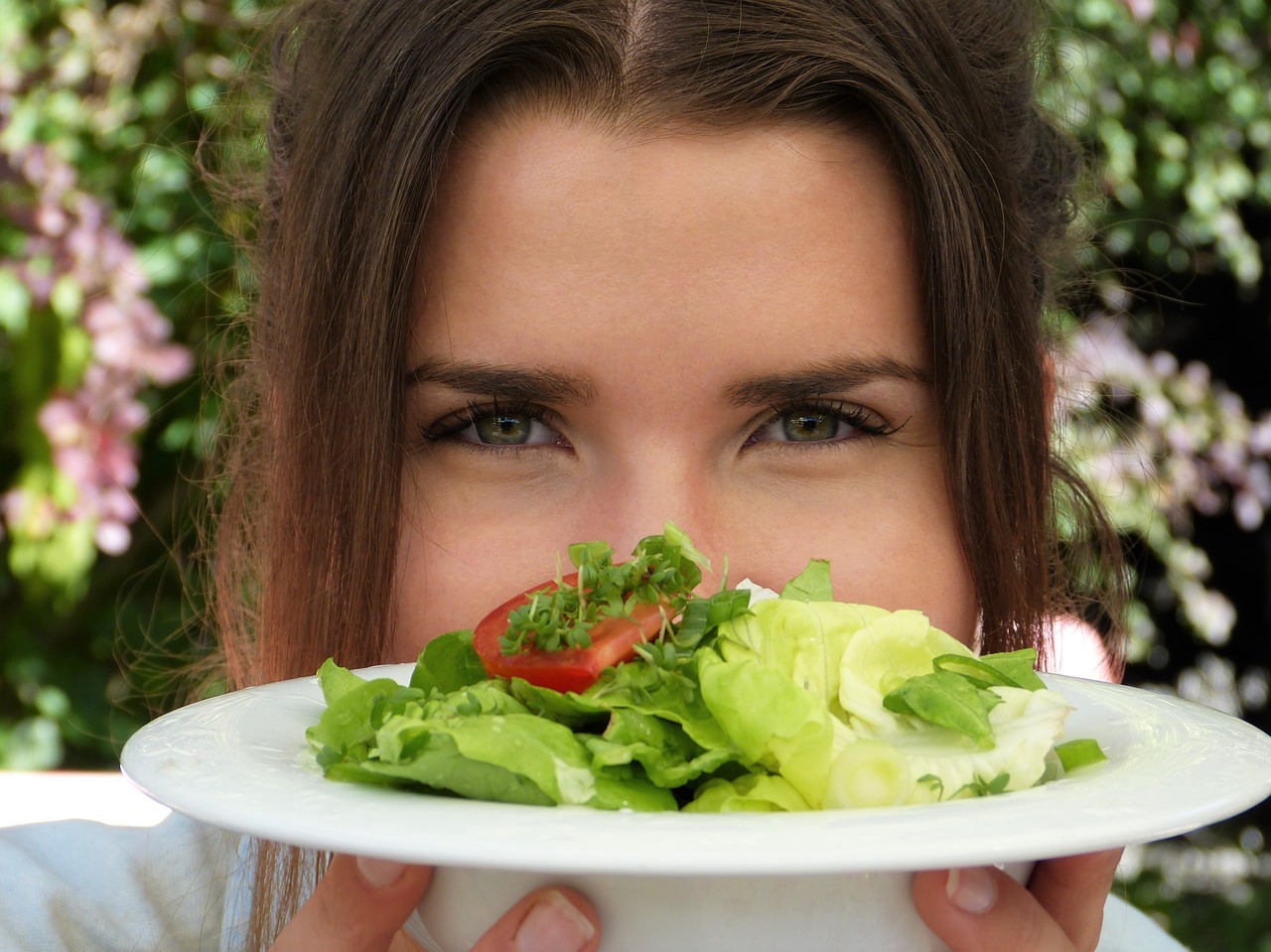Introduction
Eye health is directly affected by your diet so that what you eat is what you see. A good diet should consist of fruits, vegetables, legumes, nuts, fish, poultry, etc to maintain the health of your eyes. Consuming a poor diet can cause obesity that can lead to type 2 diabetes, the leading cause of blindness in adults. A well-balanced diet can lower the risk of developing some eye conditions such as poor night vision, cataracts, glaucoma, dry eyes, and age-related macular degeneration. It can also guard against weight gain.
Why is Nutrition Important for Good Eye Health?
Nutrition helps to keep the heart healthy, and consequently the eyes. The tiny arteries found in the heart transport the much-needed oxygen to the eyes. That is why it is important to eat a well-balanced diet to maintain the health of these arteries.
Healthy Foods for Healthy Eyes
Healthy foods for your eyes should contain vitamins and minerals which are found in proteins, fruits, vegetables, and dairy products. On the other end of the spectrum are processed foods, those high in sugar and saturated fats that carry no benefit for your eyes. A 2001 age-related disease study found that beta-carotene, copper, zinc, and Vitamins C and E can reduce the risk of developing age-related macular degeneration by 25%. The minerals and vitamins A, C, and E contain the required antioxidants such as lutein, zinc, beta-carotene, zeaxanthin, copper, and omega-3 fatty acids.
Eating foods rich in vitamins and minerals has also been shown to prevent the development of cataracts. Some of the foods that promote healthy eyes include:
Cold-water fish or oily fish such as tuna, salmon, sardines, trout, mackerel, menhaden, anchovies, herring, cod liver, and halibut are rich in omega-3 fatty acids. Research shows that these acids can help alleviate dry eyes as they are good for tear function. The omega-3s improve the meibomian glands, which are responsible for the oily part of the tears. Dry eyes are caused by age, exposure to tobacco smoke, allergy medications, cold, sun exposure, menopause, or certain environmental conditions such as a windy, dry environment.
Nuts and seeds contain vitamin E and omega-3s. Almonds, nuts, and sunflower seeds are rich in vitamin E, an antioxidant that helps maintain cell health and protects the eye from age-related damage. Those in the nut family include walnuts, peanuts, Brazil nuts, and cashew nuts. Other valuable seeds include chia, flax, and hemp seeds.
Citrus fruits are a good source of vitamin C, an antioxidant that can delay the development of cataracts and age-related macular degeneration. Lemons, oranges, grapefruit, and tangerines are good sources of vitamin C. Others are tomatoes, strawberries, red bell peppers, and peaches. Vitamin C helps protect the body from damage caused by unhealthy eating habits and certain environmental factors. For instance, fried foods, the sun’s harmful rays, and tobacco smoke can give rise to free radicals (molecules) that can damage and kill cells. Additionally, vitamin C assists in the repair and growth of new tissue cells.
The pigments of leafy green vegetables like kales, spinach, and collards contain zeaxanthin, lutein, and vitamin C. These nutrients help protect the macula, therefore reducing the risk of losing sight as a result of age. Peas, turnip greens, broccoli, and romaine lettuce are also rich in lutein and zeaxanthin. Besides leafy green vegetables, eggs are also an excellent source of zeaxanthin and lutein. Additionally, eggs are rich in zinc, vitamin C, and E.
The best-known nutrient for eye health is Vitamin A. It helps the eye convert light rays into images. Vitamin A is also vital in preventing dry eyes since it aids in moisture retention. Carrots are a rich source of vitamin A and beta carotene (the pigment responsible for its orange color). Rhodopsin, a protein that assists the retina to absorb light, contains vitamin A. Sweet potatoes contain more vitamin A than carrots and are also rich in beta carotene and vitamin E. Other foods rich in vitamin A include apricots and cantaloupe.
Legumes are rich in zinc, which protects the eye against damaging light. Although zinc can interfere with copper absorption in the body, the zinc in legumes helps to increase copper levels. Copper helps to form red blood cells that help transport blood from the lungs to body tissues. Zinc-rich foods include all types of beans such as kidney beans, lima beans, and black-eyed peas. Zinc is also found in other foods like lean red meat, fortified cereals, oysters, and poultry.
A well-balanced diet is incomplete without drinking plenty of water. Water helps to keep the body hydrated, thus reducing the symptoms of dry eyes.
You must observe a healthy diet if you want healthy eyes. Purpose to eat foods rich in vitamins and minerals for good eye health such as proteins, fruits, vegetables, and dairy products. Eating a diet that is not well-balanced has adverse effects like obesity and diabetes which can eventually lead to loss of vision. Protect your vision by eating right.


